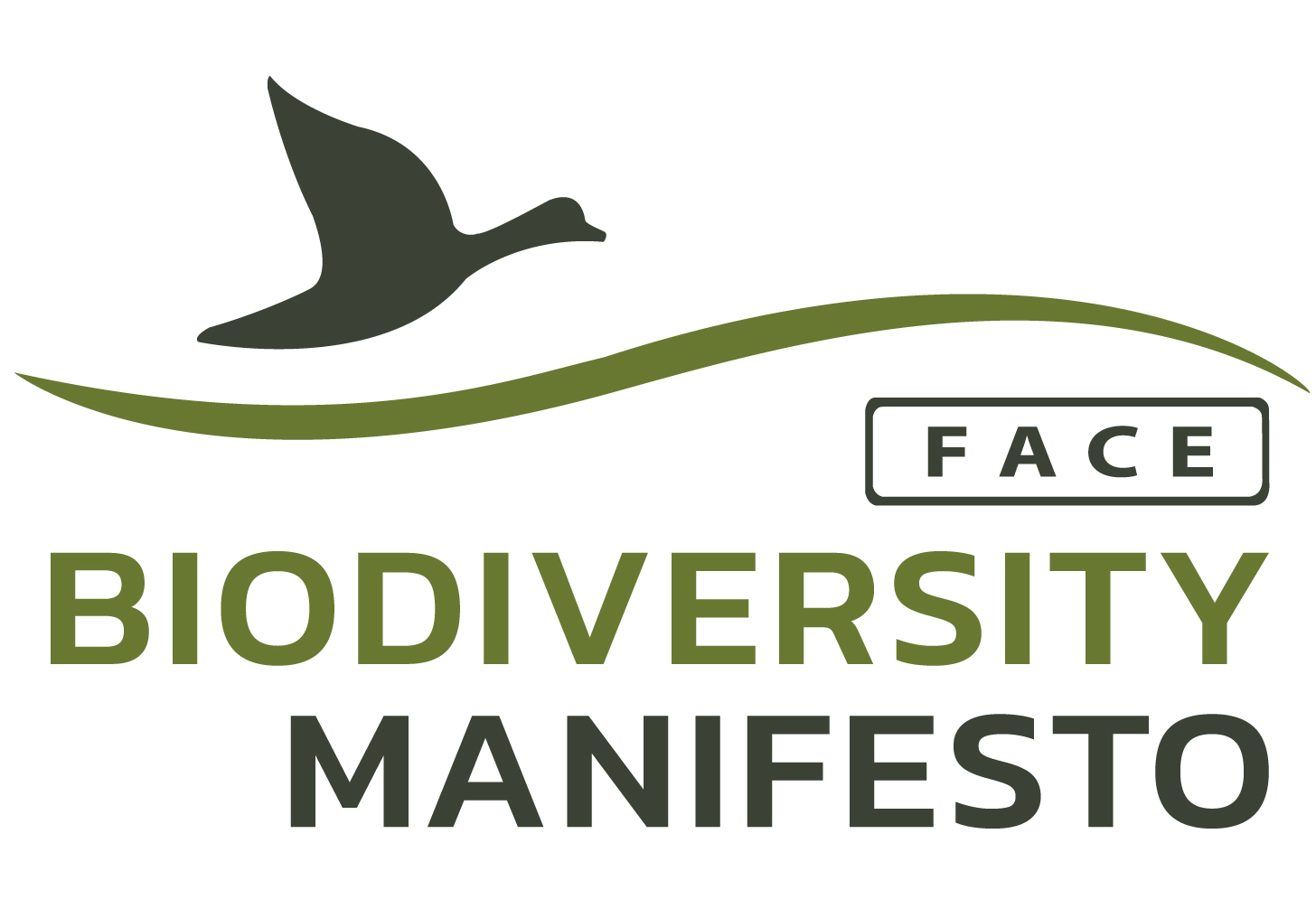In the build up to the recent UN Climate Change Conference (COP26) there was a big expectation for major change, however many feel that COP26 failed to take strong enough steps to tackle the climate problem. Governments have to come back with stronger 2030 emissions reductions pledges before the end of 2022.
Climate change is affecting biodiversity, including huntable species in many ways. At the same time, hunters are investing considerable work into restoration that tackles the climate problem. In the context of COP26, FACE brings to you a special “climate focused” Biodiversity Manifesto (BDM) project of the month.
Habitat restoration: How are hunters tackling the climate problem
With nature and water firmly on the COP26 agenda, it is clear that natural climate solutions have a key role to play. Further, most national climate plans focus on nature restoration, and local communities have a key role to play.
FACE is pleased to report on hunters’ positive actions, which are an important part of the solution to the climate problem. Importantly, many of the conservation projects by hunters focus on carbon rich habitats such as wetlands, forests, hedgerows, and trees.
One of the BDM habitat restoration projects was praised by the Maltese Prime Minister Robert Abela at the COP26 where he made reference to hunters’ important conservation efforts.
Another project includes work in Vendée along the west coast of France where hunters have been planting new vegetation annually for 20 years. So far, they have planted 452,000 trees and shrubs.
In Limburg, Belgium over 24,000 hedges, trees and plants were planted by hunters. Another example is Italian hunters at the Po Delta, which have been conserving fresh water habitats for migratory birds over 20 years.
What’s next:
The message to decision-makers is that local actions should be incentivized in the fight against climate change. Across Europe, hunters are engaged in important conservation efforts that contribute to combatting climate change. As wetlands gain more recognition as important carbon sinks, it is crucial that hunters continue their indispensable conservation projects.

